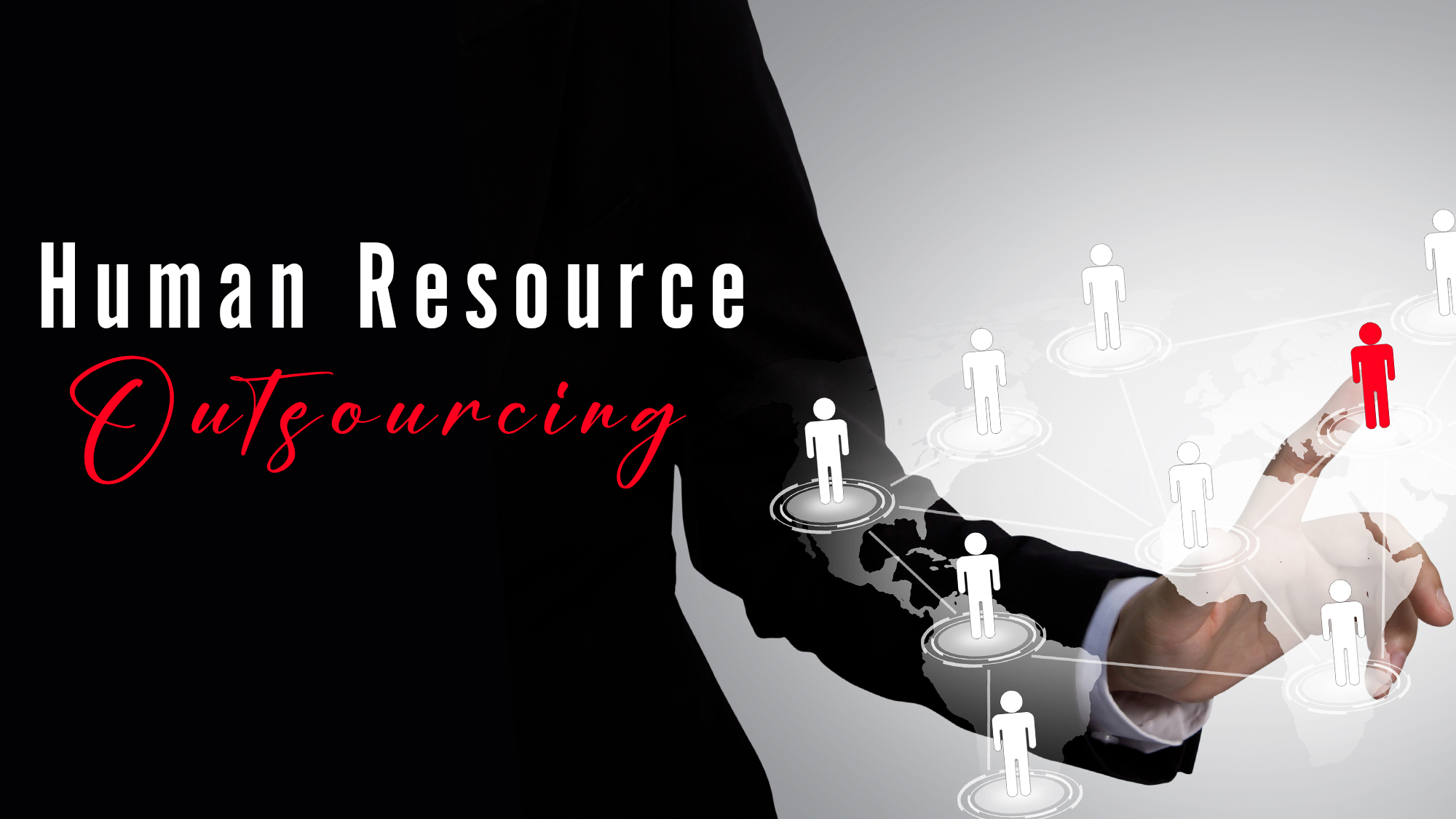What is human resource outsourcing?
Human resource outsourcing (HRO) refers to the practice of delegating human resource management tasks and responsibilities to an external service provider. In other words, it involves contracting with a third-party vendor to handle various HR functions, such as recruiting and staffing, payroll processing, benefits administration, training and development, compliance support, and employee relations.
There are several reasons why companies choose to outsource their human resources functions. Here are some of the most common reasons listed below.
Cost savings
Human resource outsourcing functions can be more cost-effective than maintaining an in-house HR department. Companies can save money on salaries, benefits, training, and overhead expenses.
Expertise and Experience
Human resource outsourcing companies are typically staffed by professionals with specialized expertise and experience in HR management. They can provide a higher level of service than an in-house HR department, particularly for smaller companies that may not have the resources to hire and train a full-time HR staff.
Improved Efficiency
By outsourcing HR functions, companies can focus on their core business activities, while the outsourcing provider takes care of HR-related tasks such as payroll processing, benefits administration, and compliance.
Access to Technology and Tools
Human resource outsourcing providers typically have access to state-of-the-art HR technology and tools, which can improve efficiency and accuracy.
Risk Mitigation
HR outsourcing providers can help companies stay compliant with employment laws and regulations, reducing the risk of costly legal issues.
Flexibility
Outsourcing HR functions can give companies more flexibility in staffing and adjusting HR resources as their needs change.
Overall, outsourcing human resources functions can be a strategic decision that allows companies to improve their operations, reduce costs, and focus on their core business activities.
How do you choose an HR outsourcing partner?
Choosing an HR outsourcing partner is an important decision that can have a significant impact on your company’s success. Here are some factors to consider when choosing an HR outsourcing partner:
Expertise and Experience
Look for an outsourcing provider with experience in your industry and with the specific HR functions you need. Make sure they have a proven track record of success in providing high-quality HR services.
Range of Services
Consider the range of HR services offered by the outsourcing provider. Ensure that they can provide the specific services your company needs, whether it’s payroll processing, benefits administration, employee relations, or compliance support.
Technology and Tools
Evaluate the HR technology and tools used by the outsourcing provider. Make sure they have the necessary technology infrastructure to support your HR needs, such as a robust HRIS (Human Resources Information System), data security measures, and reporting capabilities.
Communication and Support
Look for an outsourcing provider with a dedicated account manager who can provide personalized support and respond quickly to your needs. Communication is crucial in any business relationship, so ensure that they have open channels of communication, and you feel comfortable working with their team.
Reputation and References
Check the Human resource outsourcing provider’s reputation and customer satisfaction ratings by reviewing online reviews, case studies, and customer testimonials. Ask for references from their current or previous clients to get a better understanding of their experience working with the provider.
Pricing and Contract Terms
Finally, evaluate the pricing structure and contract terms offered by the outsourcing provider. Ensure that they are transparent in their pricing, and the contract terms meet your business needs.
In conclusion, choosing the right Human resource outsourcing partner requires careful consideration and due diligence. By evaluating the provider’s expertise, services, technology, support, reputation, and pricing, you can make an informed decision that aligns with your business needs and goals.

Add a Comment